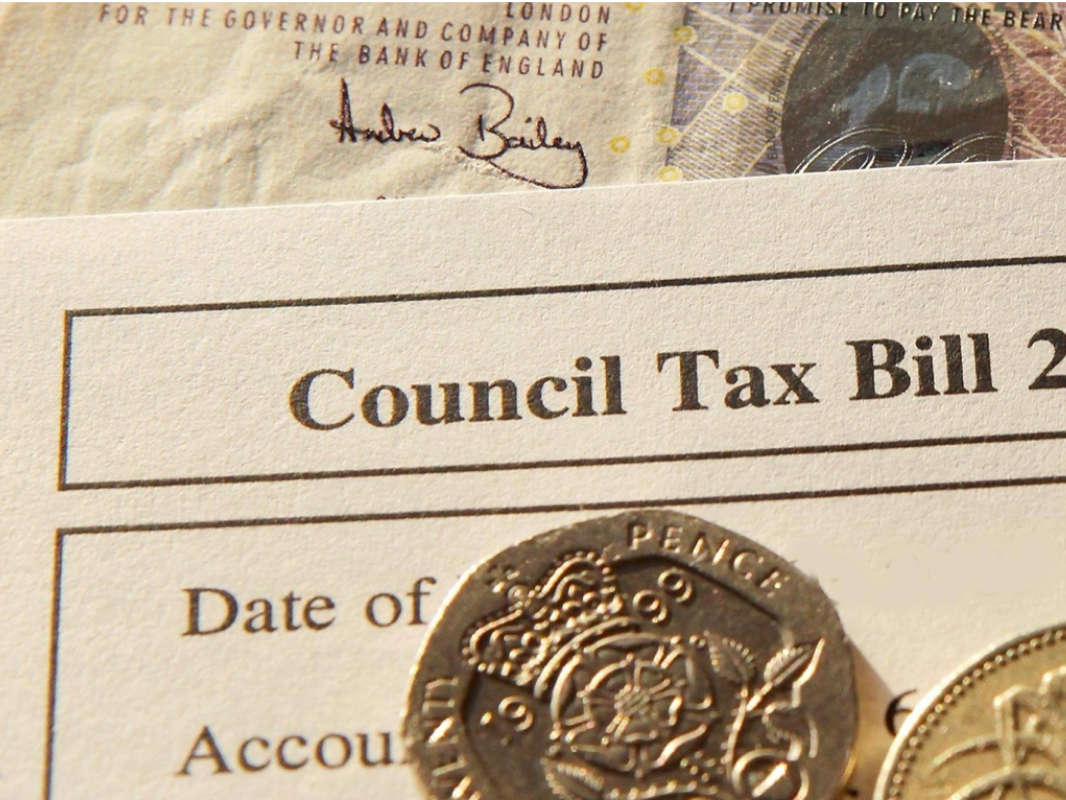
West Sussex County Council faces a budget gap of £50m to £100m between 2024 and 2027 – but this year’s budget has been balanced without the use of reserves.
During a meeting of the full council on Friday (February 17), a net budget of £708.8m was approved for 2023/24, along with a £77.67 rise in County Hall’s share of an average council tax bill.
It was by no means a unanimous vote, with the entire Liberal Democrat, Labour and Green & Independent Alliance cohort abstaining.
The budget – which is legally required to be balanced – forms part of the £1.86billion the council is expected to spend on the delivery of day-to-day services in the coming year.
This includes £883.4m on the learning and skills portfolio, which covers 118,276 children in 286 schools – 6,510 of whom have education health & care plans – as well as 2,400 families and young carers.
A further £174m will be spent supporting the 880 children cared for by the council, 760 children on Child Protection Plans, 1,585 children on Child in Need Plans and 2,130 families through early help.
The budget for adults services was set at £434.7m while £84m will be spent on waste services, climate change and the environment, with a further £80m to maintain the 4,046km of roads and 3,956km of foot-ways across the county.
Jeremy Hunt, cabinet member for finance & property, said:
“We know the exceptionally high levels of inflation and increasing costs we are all experiencing have been difficult for our residents.
“We are also feeling these pressures, alongside an increase in costs due to the complexity of the care required by an increasing number of the adults and children we support.
“I am therefore pleased that we have been able to deliver a balanced budget during these challenging circumstances.
“It is vitally important we spend our funds wisely on the areas which will help people the most, whilst also maintaining continued investment in our services and our infrastructure.
“For 2023/24 we have been able to achieve this by investing an additional net £60.5m – equal to a 9.5% budget increase – in order to ensure that our key services are not only maintained, but we are also able to continue to improve them, in order to achieve the best outcomes for our residents.
“A key part of our striving for the best outcomes for our residents is ensuring value for money for every penny we spend.”
Several councillors, though, questioned whether the administration understood how hard the cost of living crisis was hitting residents.
And many were not happy with the council tax increase, even though others understood why it was being imposed.
The £77.67 rise amounts to 4.99 per cent and will take the county council’s portion of a Band D bill to £1,633.41, with the increases from Sussex Police and the relevant district or borough councils also to be added.
Dawn Smith (Lab, Broadwater) said the budget was ‘a bit like La La Land’ to residents, adding:
“What we present here in terms of budgets, plans, strategies really isn’t the reality of what they experience.”
Speaking after the meeting, Labour leader Caroline Baxter (Worthing East) said:
“After 12 years of Tory austerity and mismanagement nationally and locally, the best West Sussex Tories can offer is a maximum tax hike and balancing the books with no cuts.
“And they think that’s something to celebrate. I sometimes wonder how often they get out of County Hall.
“Residents I meet are at their wits' end. The public sector is in meltdown, food-banks are overwhelmed and people are really struggling.
“An additional 4.9 per cent will tip many over the edge.”
The struggle faced by many was highlighted in figures provided by leader Paul Marshall, who said that, up to December, the council’s Community Hub had helped more than 1,400 households.

On top of that, Citizens Advice gave some £600k in fuel support to 734 homes, while 18,200 children who were eligible for free school meals received £15 supermarket vouchers.
Mr Marshall said the council would provide a further £400,000 to Citizens Advice, with money also going to Age UK for food vouchers and work being carried out to help larger food-banks to buy food.
Amendments to the budget were tabled by the three opposition groups – and were branded as ‘tinkering around the edges’ by some Tory councillors.
Liberal Democrat group leader Kirsty Lord proposed £1.2m of changes, including taking on additional officers to work in areas such as Active Travel and climate emergency funding, and giving £200,000 of cost of living support to voluntary groups to support people in need.
Amendments from Labour leader Caroline Baxter also included cost of living support – namely using £100,000 from the Covid-19 Grant reserve to set up a fund to help voluntary, community and social enterprise support those in need.
Mrs Baxter also suggested using £3.8m for a road safety pothole and pavements fund.
Sarah Sharp, of the Green & Independent Alliance, made only one suggestion – to spend £500,000 on new paving in North Street and East Street.
Mrs Sharp supported the idea of hiring an Active Travel officer following the fiasco with the illegal removal of the Shoreham-by-Sea pop-up cycle lane, which left the council unable to bid for money from that government fund.
She brand the ongoing target to build 7.5km of cycle paths each year until 2024/25 ‘almost meaningless’.
None of the amendments were agreed, all being voted down.
The council’s budget is integrated into its ambitions as laid out in the Council Plan.
The Plan includes four priority outcomes, all underpinned by the theme of tackling climate change.
The four priorities are: keeping people safe from vulnerable situations; a sustainable and prosperous economy; helping people and communities to fulfil their potential; and making the best use of resources.
The capital programme expenditure up to the year 2027/28 stands at £747.2m, with £124.9m allocated for 2023/24 – a drop of just over £5m on the previous year.
Just over £48m will be spent on highways and transport projects, with £31.4m going to projects with the learning and skills portfolio, and £12.2m for environment and climate change projects.
The Capital Programme spend over the next five years will include:
- £110m on highway’s maintenance and local transport improvements
- £86m on improvements to major roads
- £109m to provide additional school places including £53.5m to build an ultra-low-carbon secondary school in Burgess Hill
- £32m to deliver more places for children with special educational needs
- £18.5m to make buildings more environmentally friendly by reducing carbon emissions
- £49m on solar power and battery storage renewable energy schemes
- £13m for the roll out of high speed ‘gigabit’ broadband for businesses and residents
Mr Marshall said: “This is a budget that delivers positive outcomes for our customers whilst protecting valuable services.”

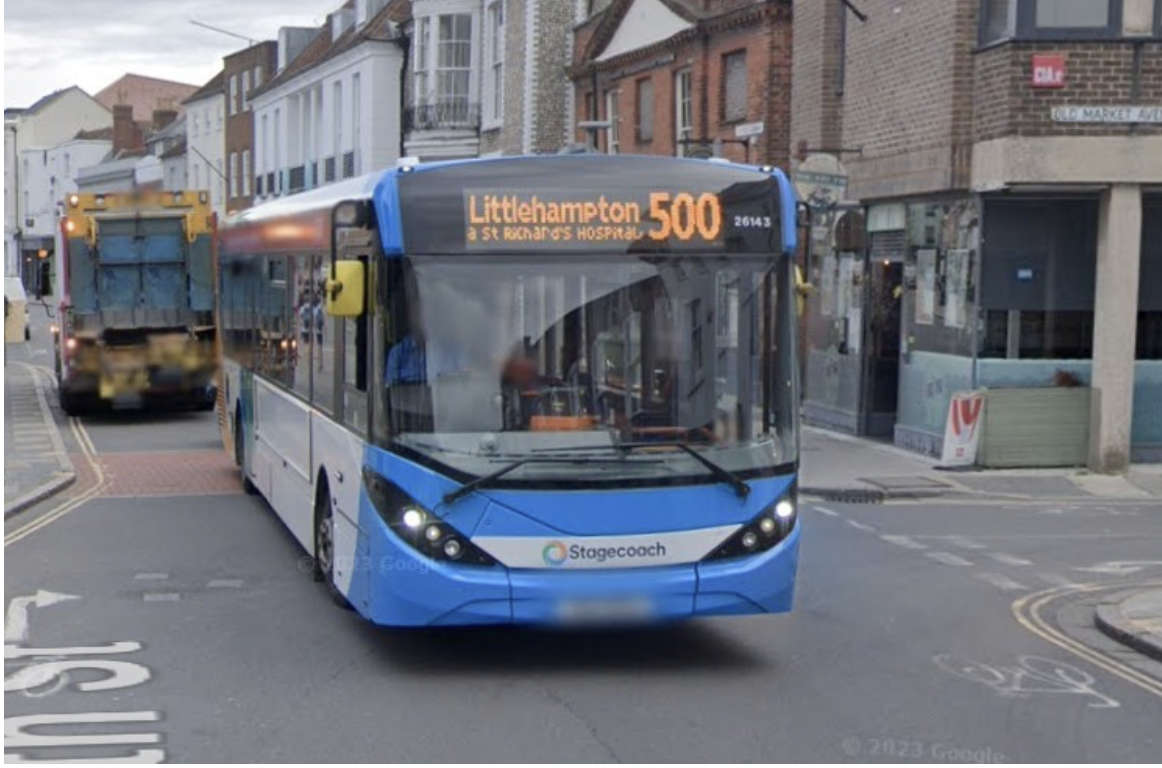 More 'Live' Bus Information Screens To Be Installed In West Sussex
More 'Live' Bus Information Screens To Be Installed In West Sussex
 Rare Bee Found In Lewes
Rare Bee Found In Lewes
 Event Bookings Go Live For Worthing Festival ‘24
Event Bookings Go Live For Worthing Festival ‘24
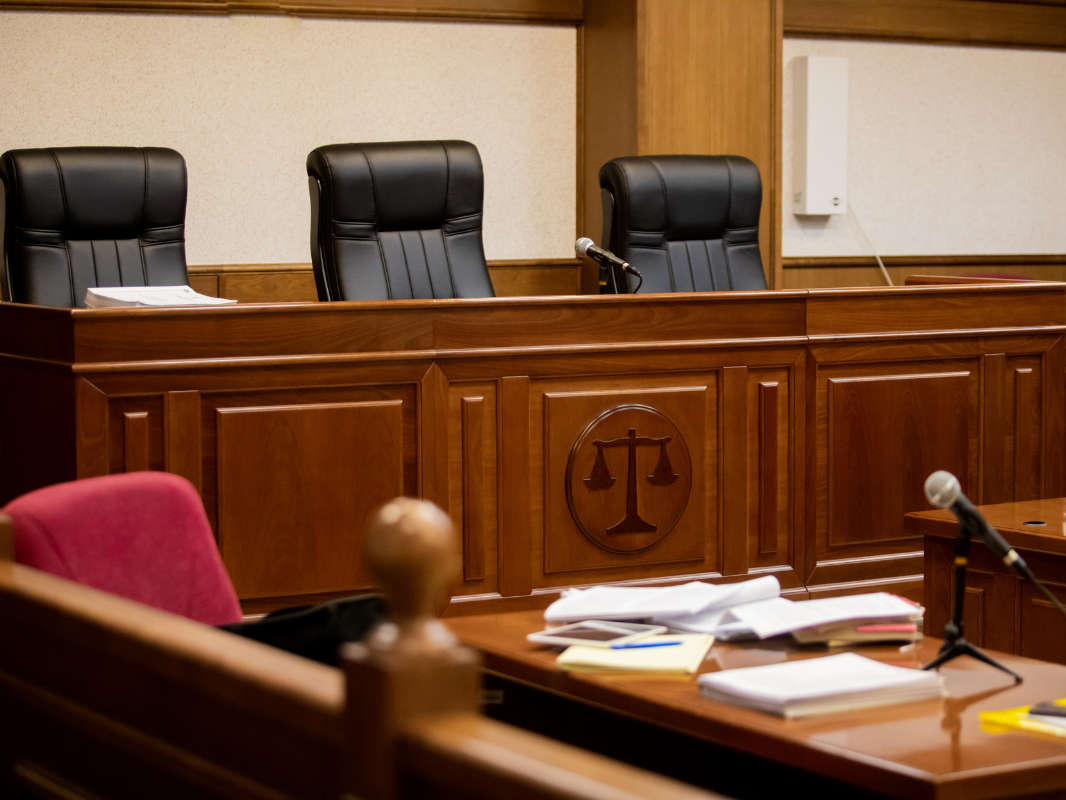 Man Charged After Throwing Brick Through Brighton Restaurant Window
Man Charged After Throwing Brick Through Brighton Restaurant Window
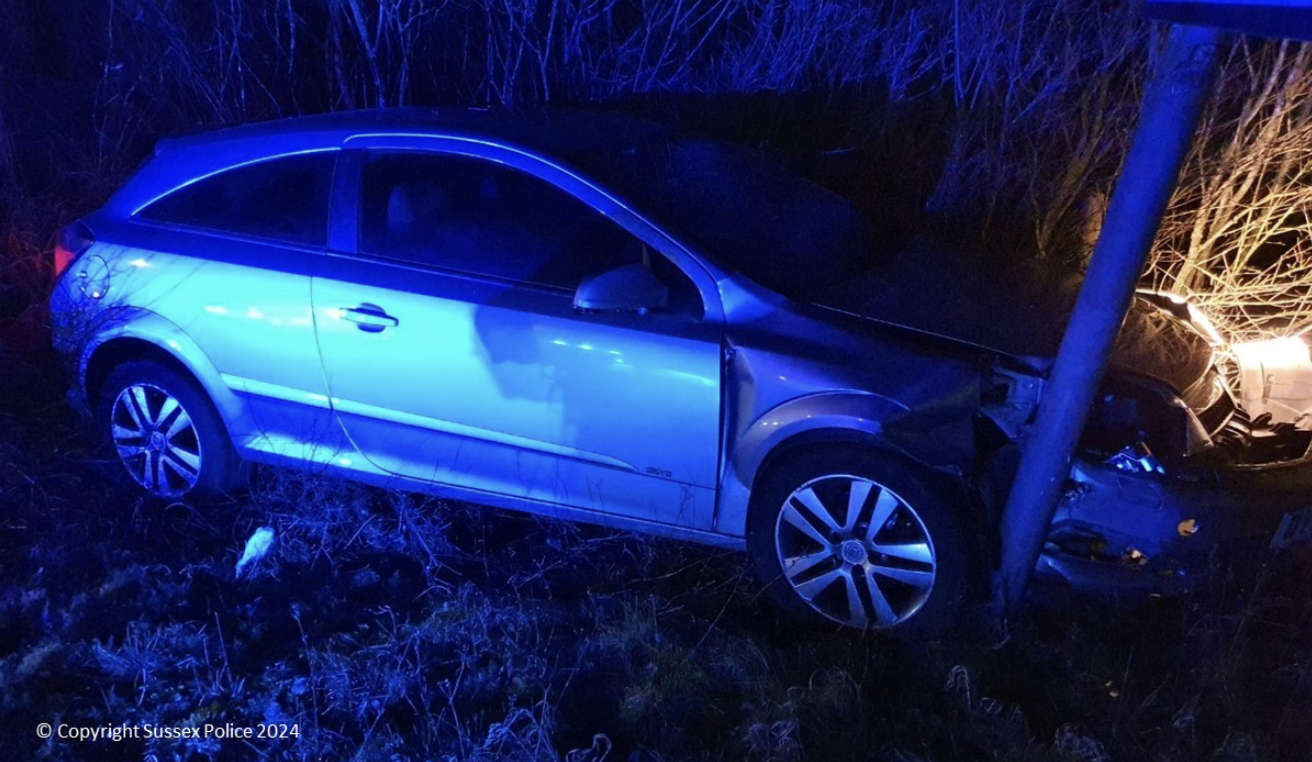 Peacehaven Man Disqualified Over High-Speed A27 Pursuit Near Brighton
Peacehaven Man Disqualified Over High-Speed A27 Pursuit Near Brighton
 Appeal After PCSO Assaulted In Uckfield
Appeal After PCSO Assaulted In Uckfield
 Man Charged With Rape Of Teenage Girl In Newhaven
Man Charged With Rape Of Teenage Girl In Newhaven
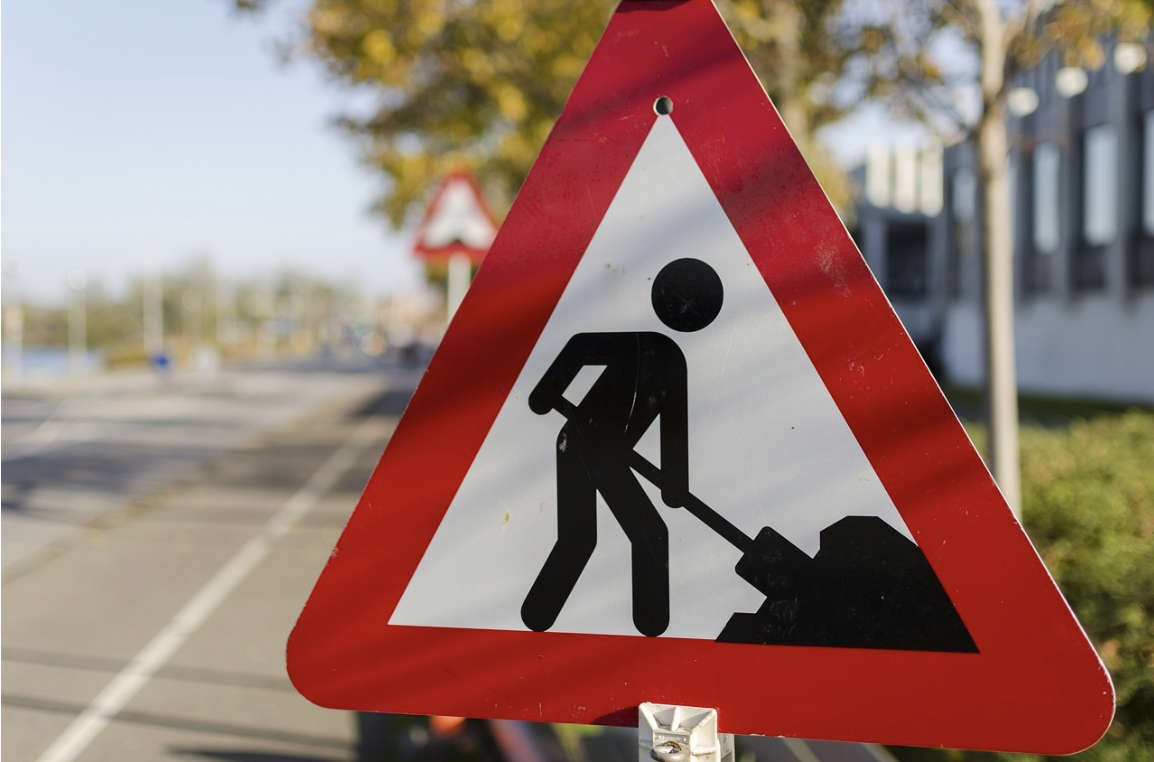 Overnight Closures For A22 Forest Row Road Improvements
Overnight Closures For A22 Forest Row Road Improvements
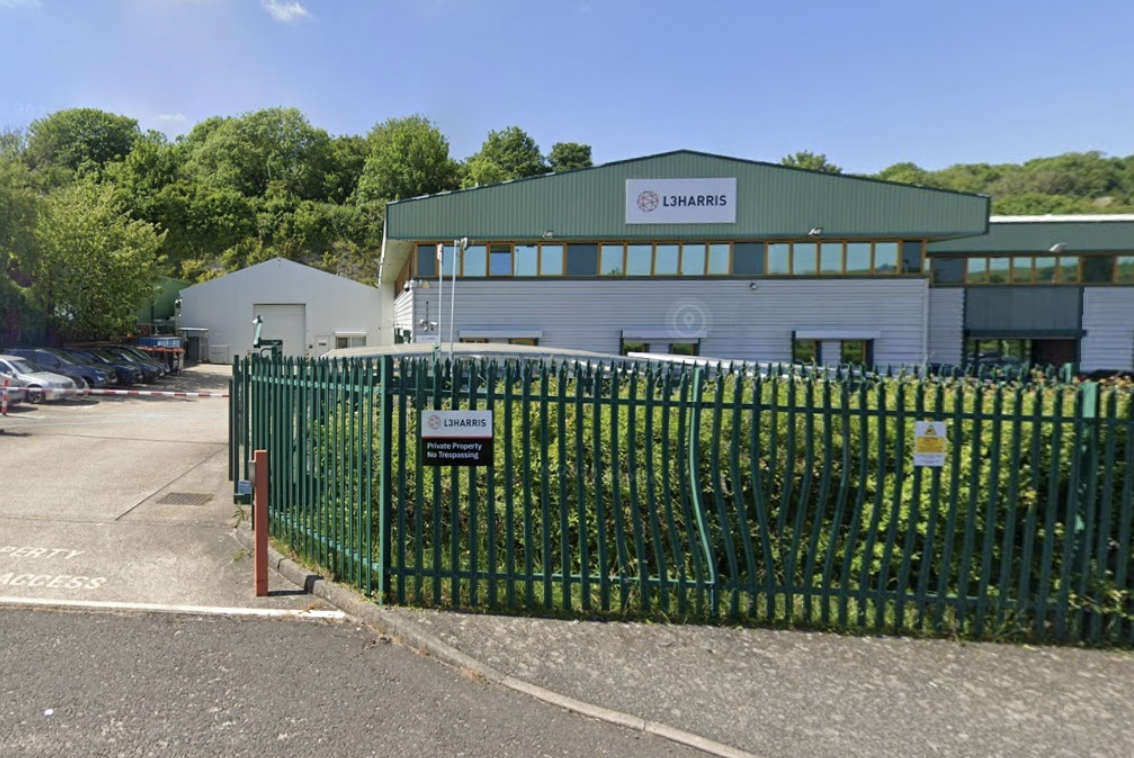 Brighton Defence Manufacturer's Controversial Planning Application Likely To Be Heard
Brighton Defence Manufacturer's Controversial Planning Application Likely To Be Heard
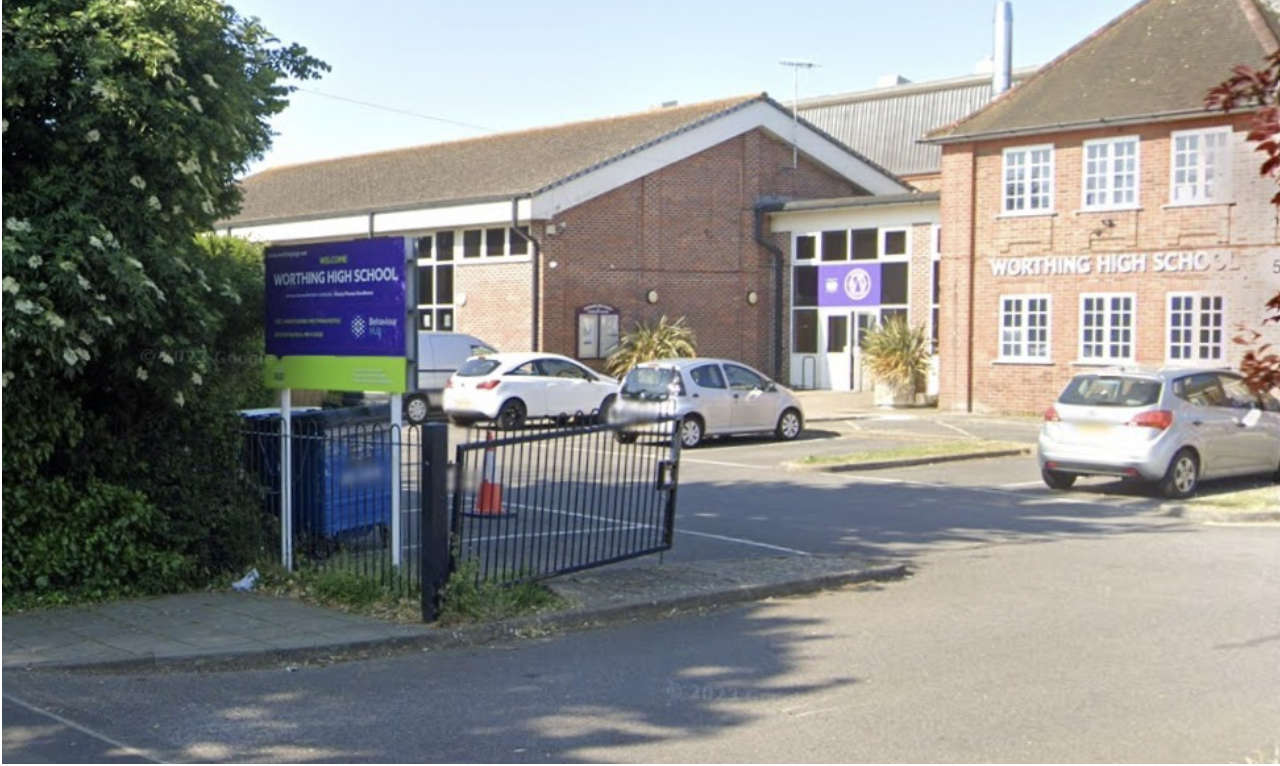 Over £2.4m Approved For Worthing School Support Centre
Over £2.4m Approved For Worthing School Support Centre